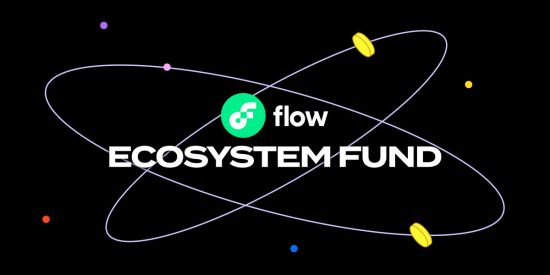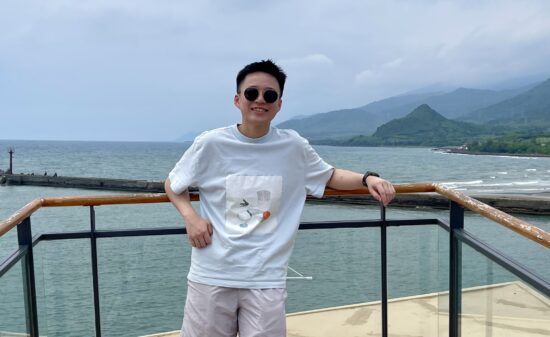
Izza Lin, Recruiting Master (林于荃 / 招募輔導長)
Izza is a Recruiting Master responsible for advising AppWorks Startups on all talent acquisition matters. Before joining AppWorks, she built a successful early career in headhunting firms such as Rising Management Consulting and Recruit Express, where she specialized in recruiting quality talents for internet and e-commerce companies, guiding hundreds of engineers, product managers, marketers and general managers to fulfill key positions for her clients. In between Rising and RE, she headed Southeast Asia Market for an e-commerce startup, USO HK, where she found her passion for helping small guys break the status quo. Izza received her B.A. in Economics from Washington State University and spent 5 years of her childhood in Myanmar and Cambodia. This diverse background has inextricably contributed to her love for traveling and “wine tasting”.
Don’t be fooled by the title. I am actually a pretty fun person. Just recruiting isn’t something interesting in general for most founders, but represents one of the most serious growth challenges they eventually have to face. Let’s dig a little deeper on why founders normally don’t enjoy their office hours with me and why I decided to step into a recruiting career.
I spent my early years in Southeast Asia. Many of you would’ve guessed Singapore, Malaysia or Thailand, but I am that of those few third culture kids that grew up in Myanmar and Cambodia. It definitely wasn’t easy, as the only Taiwanese and only Mandarin speaking girl in the entire international school. However, having a unique experience like this, made me more relatable to what founders are going through, where you need to constantly step out of your comfort zone and maximize your growth to even have the slimmest chance of success.
After graduating from Washington State University with a Bachelor of Science in Economics, I could’ve got a job that is more related to what I learned in school such as data analyst or business analyst roles, but I became intrigued by this random interview I had, which would require me to become a headhunter.
As much as I was tempted to take on this challenge, moving back to Taiwan for it wasn’t an easy decision. Like many kids that just graduated college, I was young, naive and lost. I was accepted into an MBA program and almost ended up going without knowing how it would help my career. However, after analyzing the entire situation, and also being away from my motherland for so many years, I decided to move back first and see where the journey would take me.
Well, reality is always cruel. Soon after I relocated myself back home I found out that not only did l take a job with much lower pay than I could have otherwise received as a data or business analyst, I also had very limited knowledge on how to excel at it. The only thing I had was a belief that the job would eventually bring bigger value to my career. At the same time, I overestimated my Mandarin speaking and writing capabilities, and how it would limit my learning and performance while working in Taiwan. My Mandarin remained at a lower level, but that didn’t stop me from learning. I dedicated an hour everyday to speaking Mandarin, and took notes in Chuyin (Mandarin Phonetic Symbols) without fully understanding the meaning of each word. (Jokes aside, previous co-workers would call me Queen of Chuyin). While I quickly improved in Mandarin despite some bumps along the way, my knowledge in tech industries and engineering recruiting grew a lot.
As I got deeper into the field, I learned that recruiting for corporates is so much easier than for startups. Besides the limited resources startups have, it is really hard for them to recruit on their own. This reminds me of school days, when we’re on a difficult path, we love to have someone who understands us, and offers a hand to help. My journey would definitely be easier if I had someone to help me during my school days, but the experience of figuring out things on my own, made me who I am today, and how I reflect on work today.
Office hours with me aren’t the most fun time for founders. I am a typical Asian tiger mom, teaching and guiding others how to do things the right way in a very hands-on fashion. Maybe the past experience made me bitter, but it has molded me into the exact Asian tiger mom that every founder needs.



